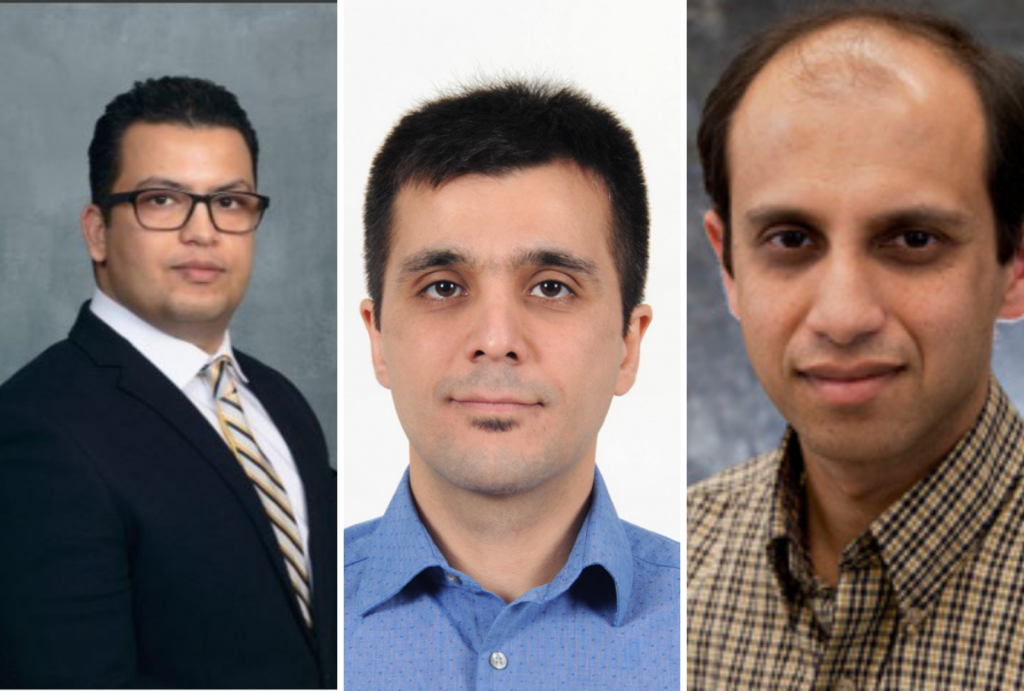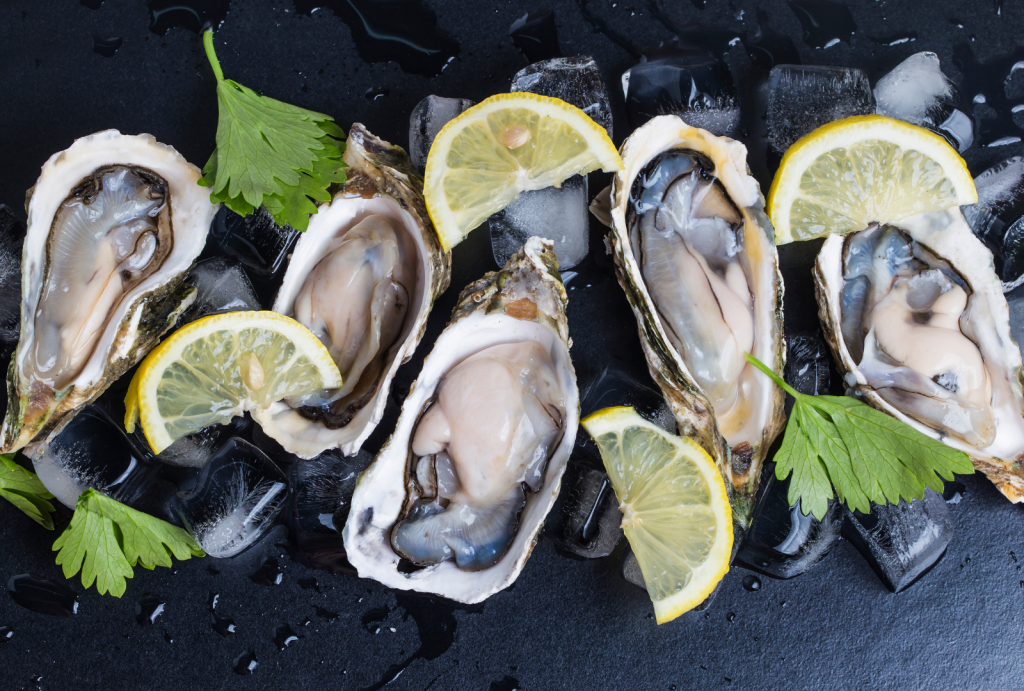What does your startup do and what is your mission?
Peter: OceanTastes aims to produce cell-based seafood using proprietary technologies in seafood cell-line isolations, serum-free media, and plant-based scaffolds. Our mission is to develop seafood alternatives that are cruelty-free, sustainable, chemical- and pathogen-free, and, of course, nutritious and full of flavour.
Tell us about your team. Why are you the right people for the project?
Peter: Reza is an Assistant Professor in Food Safety and Cellular Agriculture, and lead Principal Investigator (PI) at the FutureFoods Lab and the Cellular Agriculture Initiative at Virginia Tech. He has more than 20 years’ experience working on aquaculture, seafood, bioprocessing, food safety, and biotechnology.
Nitin Nitin is a professor in the departments of Food Science and Technology and Biological and Agricultural Engineering at the University of California. His research programme focuses on developing innovative food solutions based on novel technologies in biomaterials, biosensors, and bioprocessing in order to improve food sustainability, safety, and nutritional properties. Nitin has raised over $30 million in research funding .
Finally, I have a PhD in Mechanical Engineering from Washington State University. I’ve been working extensively on designing, building, prototyping, and developing additive manufacturing/3D bioprinting technologies for different application domains for the past eight years.

What are your favourite parts about building your business?
Peter: Our favourite parts are building this amazing team of experts and mentors, and creating a collaborative environment for everyone to take advantage of their expertise in the most effective way.
What successes are you most proud of with OceanTastes?
Peter: Prior to the official launch of OceanTastes, we have developed our technologies’ foundation, and worked on licensing them. We have also developed partnerships, conducted market research, and consolidated our strategic advisory board, which includes leading business and food-industry experts.
What have been the main challenges?
Peter: The biggest challenges we’re currently facing are initial seed funding and enhancing our market and business portfolio.
What is it that makes your company unique?
Peter: We’ve been developing seafood species and cell lines, media composition, and scaffolds. We have extensive background in bioprocessing for the scaling up of these products. We have protected these technologies protected with patents. Moreover, we have access to University resources (i.e. facilities and machinery) and have received significant grants from federal agencies. Our goal is to partner with conventional and cultured-seafood companies. Therefore, we can make our solutions available to cell-based companies, based on long-term agreements, and following B2B models.
We have a deep understanding of marine biology, the sustainability challenges of this industry, nutritional requirements, and flavour profiles. Due to our extensive experience, we understand what consumers want as well as the cost-value proposition of the products. Above all, we understand the scope of cellular agriculture. Including its role in the food system, and the global societal challenges that it can help to overcome.

Why did you decide to join the ProVeg Incubator?
Peter: We are aligned with the ProVeg mission of reducing the consumption of animals by 50% by 2040, and we were looking for strategic and business-alliance development – so it’s a perfect match. The support of the ProVeg Incubator programme is essential. The benefits of being part of the Incubator community enables OceanTastes to connect to other potential partners and investors. We believe in ProVeg’s mission and we’re excited to be playing a role in transforming the global food system.
In your opinion, what do you think it takes for a startup to be successful?
Peter: There are many factors associated with the success of a startup, including team, culture, mission, and goals. Companies need a good business model, a go-to-market strategy, and appropriate mentorship.
What do you hope to achieve with your company in the next 12 months?
Peter: We hope that by participating in the Incubator programme and through coaching, mentoring, and gaining an understanding of the fundamentals of a successful business model, we will get connected to the global food network, sponsors, and venture capitalists in the cellular agriculture sector.

